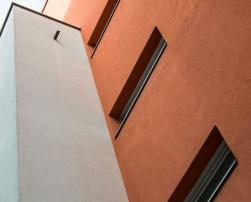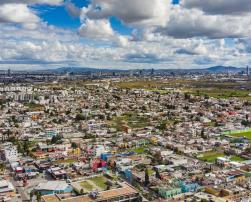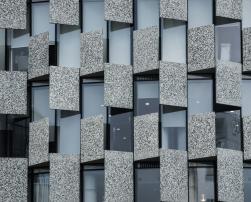
This project has received funding from the European Union’s Horizon 2020 research and innovation programme under grant agreement 101037053.

This project has received funding from the European Union’s Horizon 2020 research and innovation programme under grant agreement 101037053.

This study evaluates the operational carbon footprint of Adohi Hall, finding that cleaner energy sources and the campus's combined heat and power plant significantly reduce emissions by up to 21%.

Minoro is a comprehensive platform providing expert guidance and resources for managing carbon reduction in buildings, supporting all project stages with tools and updates to meet global and regional needs.
Intelligent and sustainable building management powered by cross-sectoral lifecycle.
Distributed data modelling and federated digital twinning for lifecycle data-driven sustainable operation and management of buildings and districts.

OPAQUE calculates thermal properties and energy impacts for building surfaces, including multi-layer compositions and the integration of Phase Change Materials (PCM).

This paper reviews how Industry 4.0 technologies are being integrated into the construction sector of developing countries, identifying challenges and proposing future directions for sustainable advancement.

The European Commission has launched a EUR 7.5 million call for proposals to support citizen-led renovation projects, focusing on renewable energy communities.

Researchers at the University of Toronto Engineering propose using sustainable construction practices to meet Canada's housing goals without surpassing climate commitments, based on their FIG model forecasting emissions reductions.

The University of Southern Denmark’s FACETS lab offers a Facade Design and Engineering programme focusing on AI and Industry 4.0 technologies to advance sustainable construction practices.